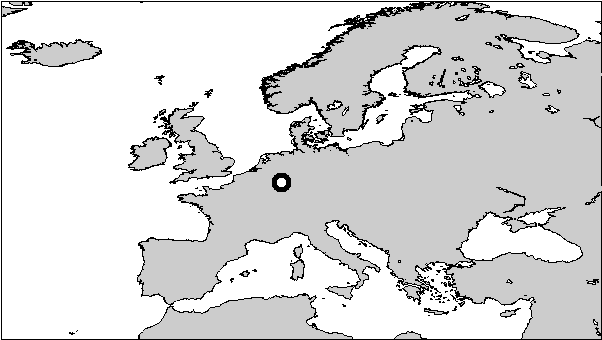
| www.CuriousTaxonomy.net |
|
The Flood in World Myth and Folklore
Europe |
| © 2021 Mark Isaak |

The earliest Celts left no written records. This account is inferred from a comparative study of Greek, Roman, Norse, Welsh, Irish, and Aryan myth, plus archaeological and linguistic evidence. Rhys, its author, cautions that it "is to be taken strictly for what it is, a mere guess."
Earth and Heaven were great world-giants, but Heaven lay upon the Earth so that their many children were crowded in the darkness between them. The children and their mother were unhappy, so they conspired together against Heaven, and one of his sons, bolder than the others, shamefully mutilated Heaven. He and his brothers cut their father into many pieces. From his skull they made the firmament, and his spilled blood caused a great flood which, settling into the hollows of the earth, became the sea.
Some of the children of Earth and Heaven were bright beings or gods, lovers of light and the upper air; others were Giants or Titans, who preferred darker realms. These two groups hated each other. He who killed the world-giant was a Titan and became their king, but he was driven from his throne by his youngest son, who was born a god. The deposed king sailed away and, after much wandering, was received in the country of the happily departed. From there, he is thought to bless the farmer's toil.
When the great flood occurred, all men were drowned except a single pair, saved in a ship made and owned by a kindly Titan. When this Titan had seen the couple safely landed, he went to the same place as the dethroned king, for he was the king's kin, unless perhaps the two were the same person, the god of all beginning and all end.
John Rhys, Lectures on the Origin and Growth of Religion as Illustrated by Celtic Heathendom (London: Williams and Norgate, 1888), 669-671.
